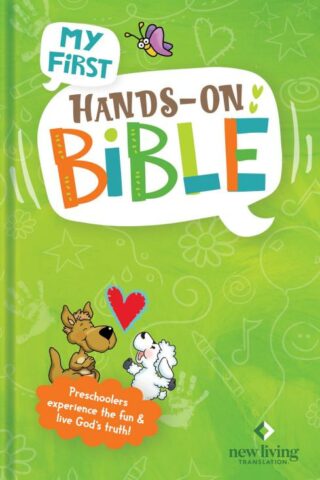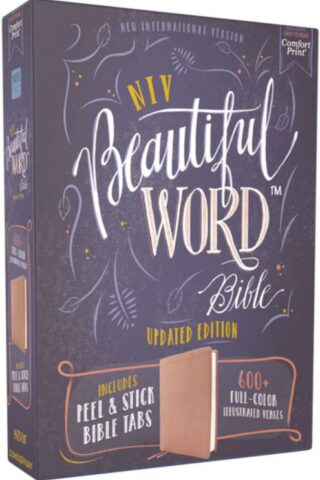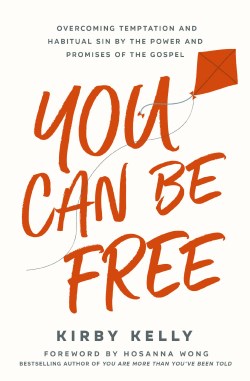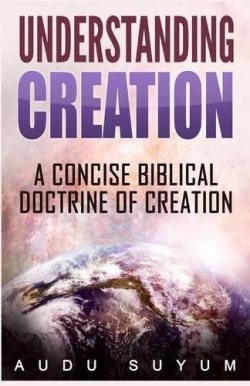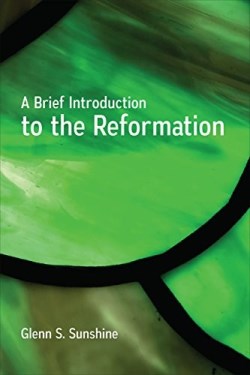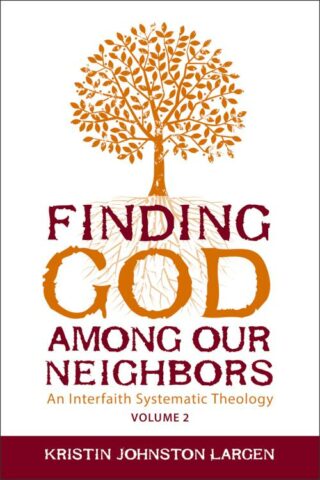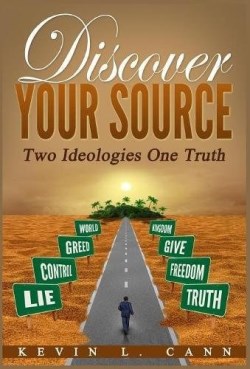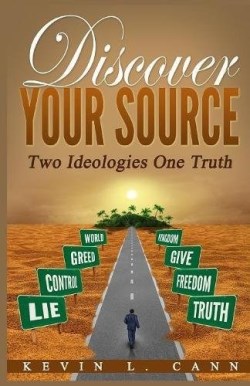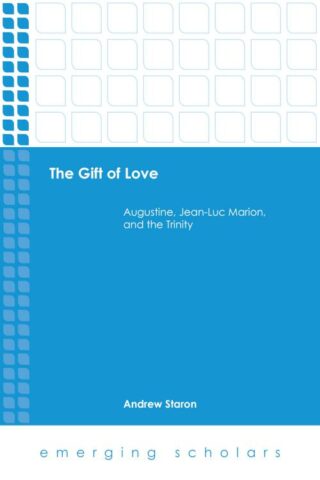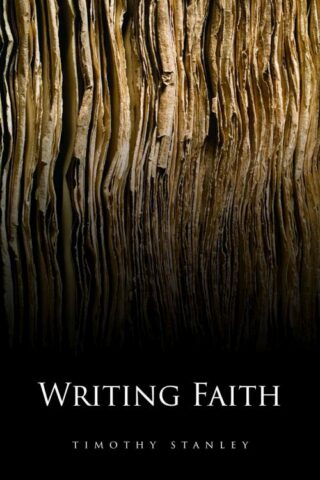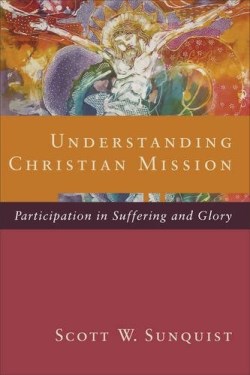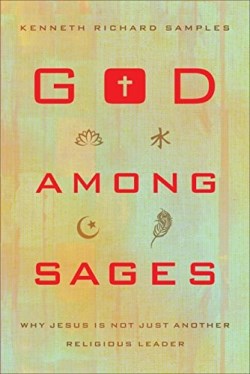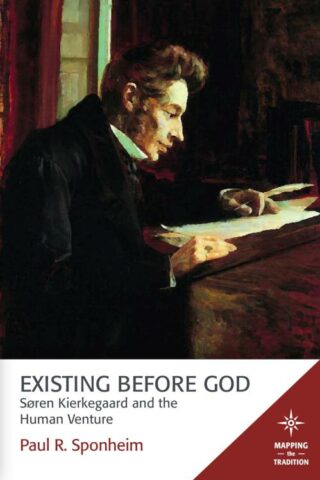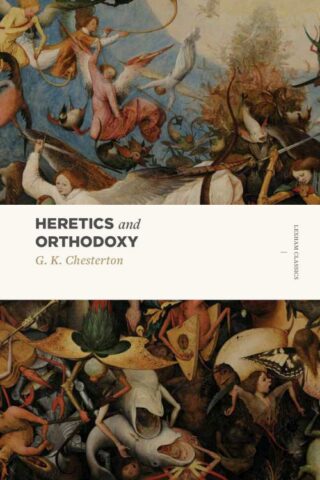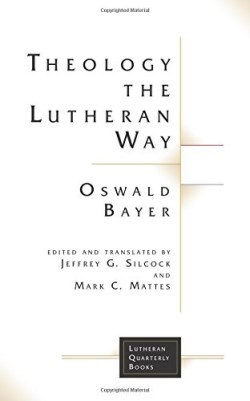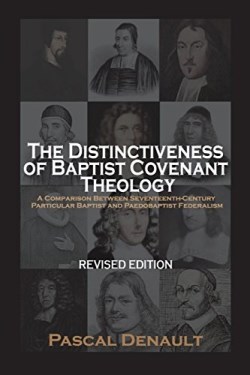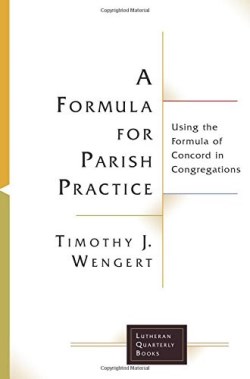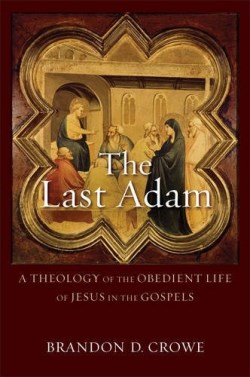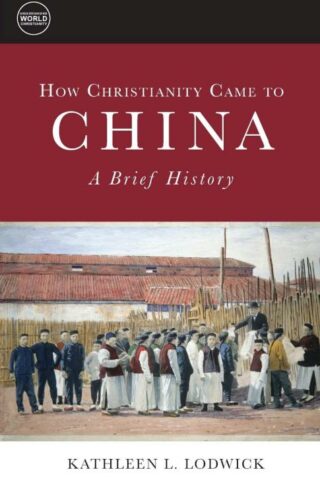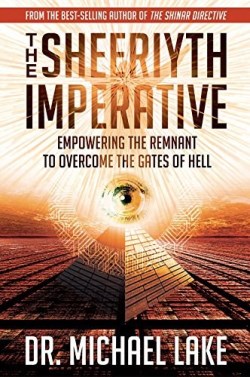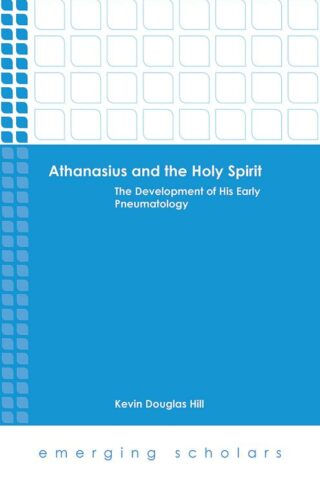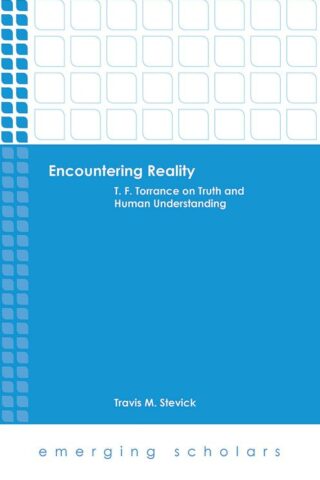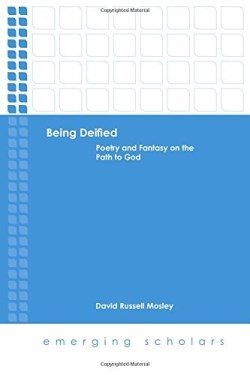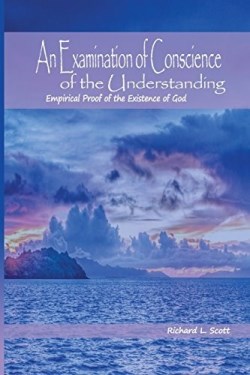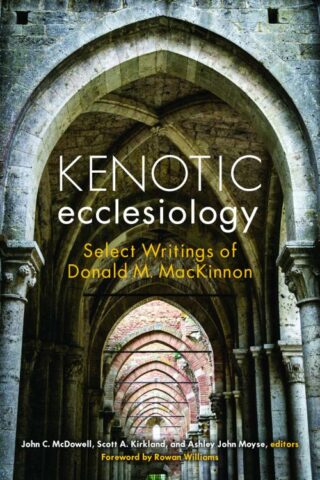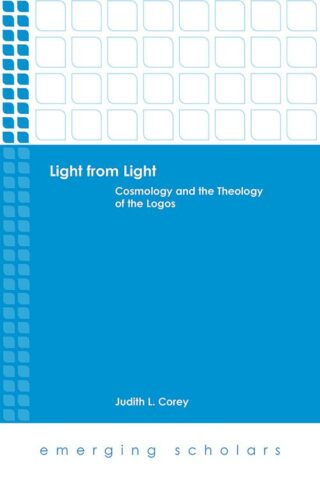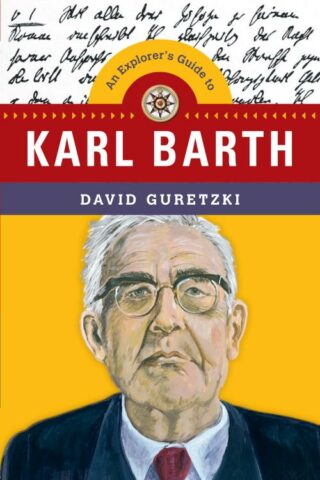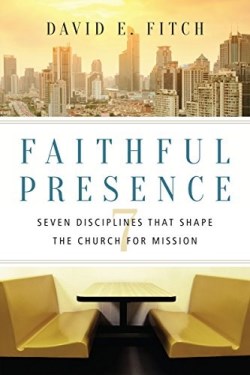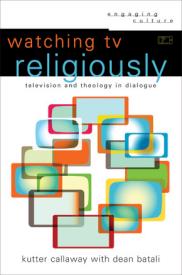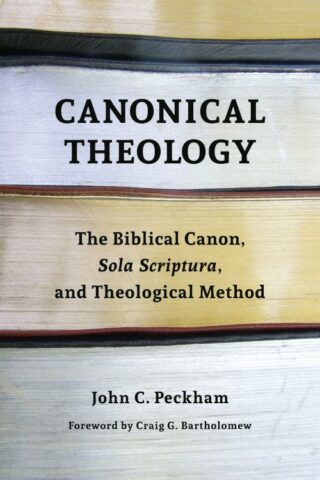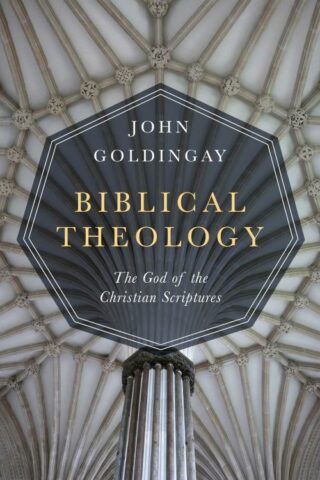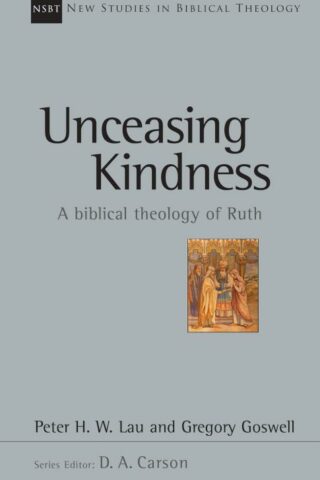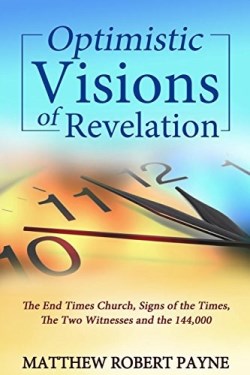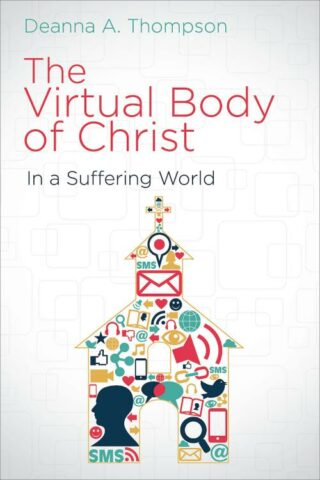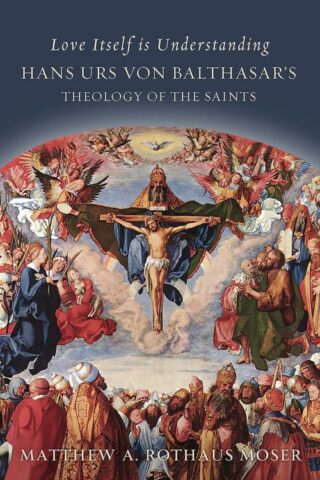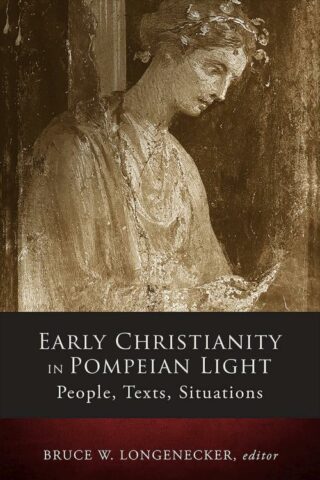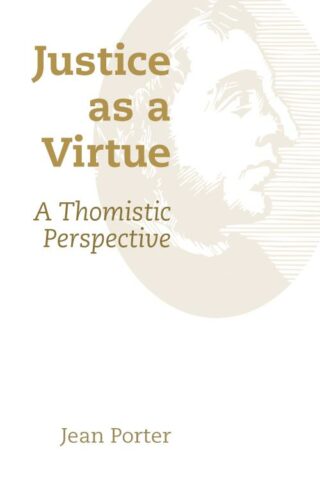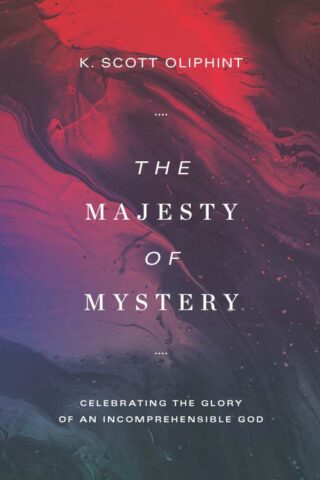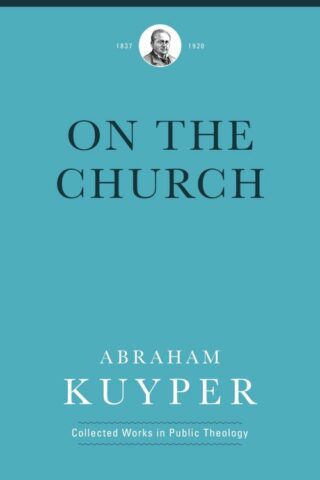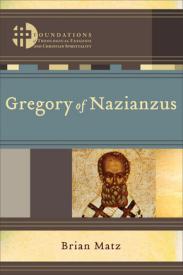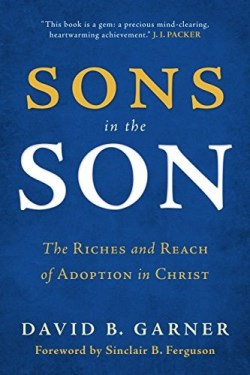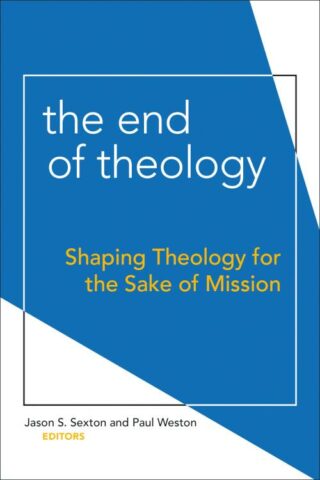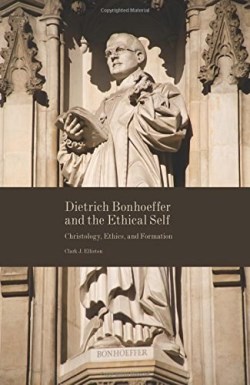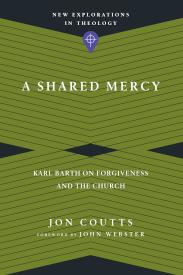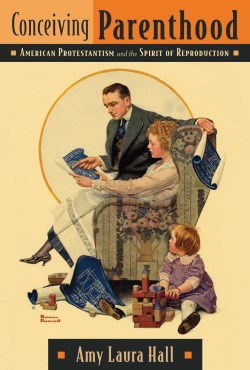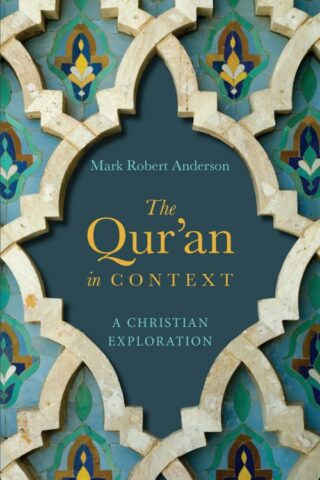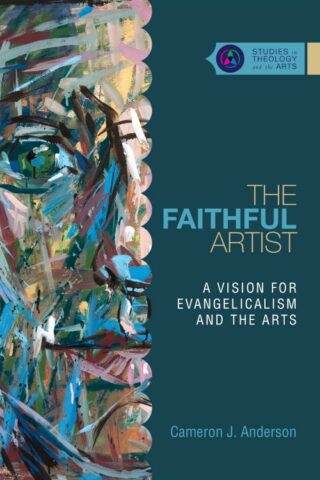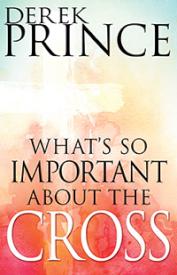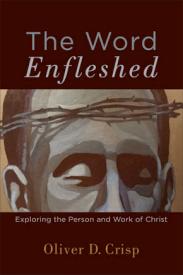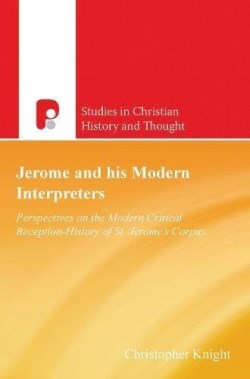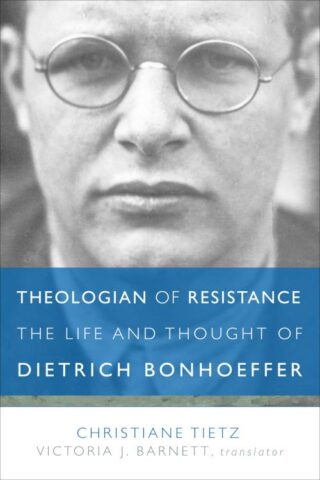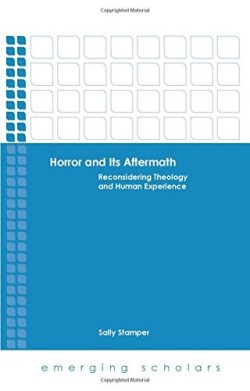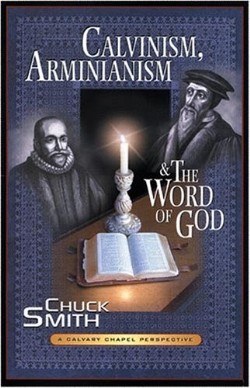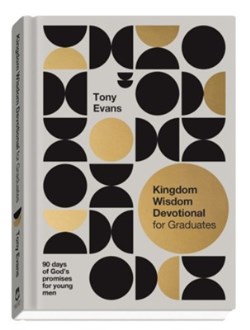Theology (Exegetical Historical Practical etc.)
Showing 601–650 of 2379 resultsSorted by latest
-
Understanding Creation : A Concise Biblical Doctrine Of Creation
$10.99What is creation? Is creation automatic or progressive? When and where did God begin creation? In vs. 1 or vs. 3 of Genesis 1? What is vs. 2 all about? How long did it take God to create, and how old is creation? How many accounts of creation are there, one or two? If two, are they contradicting? These and many other relevant questions on creation are theologically answered in this booklet.
Add to cartin stock within 3-5 days of online purchase
-
Brief Introduction To The Reformation
$30.00This readable, accessible introduction provides a solid grounding in the history of the Protestant Reformation. In honor of the 500th anniversary of the Reformation, Glenn Sunshine examines the key people and ideas of this movement. Questions for discussion and suggestions for further reading provided for each chapter make this book ideal for the classroom or group study.
Add to cartin stock within 3-5 days of online purchase
-
Finding God Among Our Neighbors Volume 2
$48.33For too many students, Christian theology is learned in isolation from other religions traditions. With this, the second volume of her important work, Kristin Johnston Largen returns to expand the systematic theology she began in the original volume. Largen places the work of Christian theology soundly within the interreligious dialogue that is the defining feature of our time. In doing so, she prepares students of theology for the task of understanding and articulating their Christian beliefs in the context of a religiously and culturally diverse world.
Add to cartin stock within 3-5 days of online purchase
-
Discover Your Source
$24.98In 2017 America inaugurated the 45th President of the United States, Donald J Trump, an outsider to the White House.The battle now begins between the two systems of the world.
The first system is the man-made system of the world. It is based upon selfishness, greed, and deception.The second system is the Kingdom system. It is based upon loving, giving, and the truth.
This book will help you understand the battle that is to come and the reason it will be won by the ideology of truth.
Add to cartin stock within 3-5 days of online purchase
-
Discover Your Source
$14.98In 2017 America inaugurated the 45th President of the United States, Donald J Trump, an outsider to the White House.The battle now begins between the two systems of the world.
The first system is the man-made system of the world. It is based upon selfishness, greed, and deception.The second system is the Kingdom system. It is based upon loving, giving, and the truth.
This book will help you understand the battle that is to come and the reason it will be won by the ideology of truth.
Add to cartin stock within 3-5 days of online purchase
-
Gift Of Love
$81.66The Gift of Love builds upon recent scholarship and reads Augustines De Trinitate as a rational study of the limits of theological language and the possibility of knowing the Trinity because of those limits. Marions description of the gift of love offers to Augustines theology a phenomenological texture by which the trinitarian love given might be made incarnate in ones life. The Gift of Love presents a reason for hope that the signification of the Trinity that God is, while impossible for human beings is not impossible for God.
Add to cartin stock within 3-5 days of online purchase
-
Writing Faith
$81.66Christians were early adopters of the codex for their sacred scriptures. In Writing Faith, Timothy Stanley investigates the question concerning the mediatic nature of Christianity and the relationship between writing and faith. It is in this light that the codexs cosmopolitan capacity for transmitting the written word can be re-evaluated in its scrolled Greco-Roman and Jewish bibliographic contexts. Christian faith is bound up in this technical development, and can inform how religious mediation is understood after Derrida. Writing Faith aims to recover vital questions for todays digital times.
Add to cartin stock within 3-5 days of online purchase
-
Understanding Christian Mission
$49.41This comprehensive introduction helps students, pastors, and mission committees understand contemporary Christian mission historically, biblically, and theologically. Scott Sunquist, a respected scholar and teacher of world Christianity, recovers missiological thinking from the early church for the twenty-first century. He traces the mission of the church throughout history in order to address the global church and offers a constructive theology and practice for missionary work today.Sunquist views spirituality as the foundation for all mission involvement, for mission practice springs from spiritual formation. He highlights the Holy Spirit in the work of mission and emphasizes its trinitarian nature. Sunquist explores mission from a primarily theological–rather than sociological–perspective, showing that the whole of Christian theology depends on and feeds into mission. Throughout the book, he presents Christian mission as our participation in the suffering and glory of Jesus Christ for the redemption of the nations.
Add to cartin stock within 3-5 days of online purchase
-
God Among Sages
$24.70Seasoned apologist and author presents Jesus Christ as God in human flesh and therefore humankind’s only legitimate Lord and Savior over and against the claims of four world religious leaders–Buddha, Krishna, Confucius, and Muhammad.
Add to cartin stock within 3-5 days of online purchase
-
Existing Before God
$48.75Preface
A Biographical SketchPart I: The Sickness Unto Death: Analysis And Commentary
Preface
Introduction
1. Part One: Despair In The Sickness Unto Death
2. Part Two: Despair Is SinPart II: The Theological Reception And Legacy
3. The Theological Reception Of Kierkegaard
4. The Theological Legacy Of Kierkegaard For Our TimeBibliography
Index Of NamesAdditional Info
Sren Kierkegaard (1813-1855), the Danish theologian, philosopher, and preacher, in his last years issued a blistering attack on the established Christianity of the nineteenth century. That challenge was also a summons to an authentic life of Christian faith. With intensity and acumen, Kierkegaard diagnosed the spiritual and intellectual ills of modernity and Christendom and offered a constructive “upbuilding” for active, faithful Christian existence. One of Kierkegaard’s key texts, The Sickness unto Death, outlines the problem of the human condition-sin/despair-and draws the reader into the heart of the Christian faith: the infinite qualitative difference between God and creatures and the paradox of the God-man who came to bring abundant life in the form of authentic selfhood “grounded transparently” in the Creator.In this volume, Paul R. Sponheim, introduces readers to Kierkegaard, unfolds this pivotal text and its connections to Kierkegaard’s theological and ethical worldview, and traces the reception and significance of this text in the modern and contemporary theological tradition. In this, Existing Before God continues the contribution of the Mapping the Tradition series in providing compact yet salient maps of the theological, historical, social, and contextual impact of the most important minds and texts of Christian history.
Add to cartin stock within 3-5 days of online purchase
-
Heretics And Orthodoxy
$24.99Two of G. K. Chesterton’s most important and well-known works are contained in this volume: Heretics, and Orthodoxy. In the first of these, Chesterton addresses the intellectual movements of his time that he considered most prominent and destructive. Chesterton confronts relativism, individualism, neo-paganism, and other trends of the modern period, paying special attention to the artists and intellectual elite of his time. He writes in detail about events of his time that were affected by these viewpoints. Heretics begins and ends with chapters on orthodoxy, anticipating the content of his most famous book-Orthodoxy, a classic that is part memoir, part apologetic. It exhibits Chesterton at his finest-a combination of literary wit, theological acumen, and pointed cultural critique. The two works complement each other perfectly, providing an accessible entry point to the battleground of truth and falsehood. Lexham Classics are beautifully typeset new editions of classic works. Each book has been carefully transcribed from the original texts, ensuring an accurate representation of the writing as the author intended it to be read.
Add to cartin stock within 3-5 days of online purchase
-
Theology Of The Lutheran Way
$65.00Rather than asking if theology is theoretical or practical-a question that reveals a fundamental lack of understanding about the nature of theology in general-it is better to ask “What exactly is theology?” It is this question that Oswald Bayer attempts to answer in Theology the Lutheran Way, clearing up misconceptions about the essence of theology. Along with Luther himself, Bayer claims that theology, rather than being something that we do, is really what God does.
Based primarily on the third section of Bayer’s original German work of the same title, this book evaluates certain approaches to theology that have been influential, from Schleiermacher’s understanding of theology to debates with Kant, Hegel, and Bultmann. It also includes a substantial section on Luther from the original in order to clarify the Lutheran tradition
Add to cartin stock within 3-5 days of online purchase
-
Distinctiveness Of Baptist Covenant Theology Revised Ed
$23.52This book by Pascal Denault is a welcome addition to the literature on an issue that has vexed many for too long. It is clear that the 17th-century Particular Baptists’ formulation of covenant theology in the 1689 Confession of Faith was a modified version of the one contained in the Westminster Confession of Faith.
Add to cartin stock within 3-5 days of online purchase
-
Formula For Parish Practice
$65.00This book combines a rich description of the (Lutheran) Formula of Concord (1577) with experiences in today’s Lutheran parishes to demonstrate how confessional texts may still come to life in modern Christian congregations. Timothy Wengert takes the Formula of Concord, traditionally used as ammunition in doctrinal disagreements, back to its historical home, the local congregation, giving pastors, students, and theologians a glimpse into the original debates over each article.
The most up-to-date English commentary on the Formula of Concord, A Formula for Parish Practice provides helpful, concise descriptions of key theological debates and a unique weaving of historical and textual commentary with modern Lutheran experience. Covering the entire Formula of Concord the book includes discussion questions at the end of each chapter.
Add to cartin stock within 3-5 days of online purchase
-
Sheeriyth Imperative : Empowering The Remnant To Overcome The Gates Of Hell
$33.25In The Shinar Directive, we journeyed down the Luciferian rabbit hole to discover the matrix of darkness that has engulfed our planet. It would seem that esoteric societies have nearly fulfilled Nimrods dark directive. However, the Almighty will not allow the enemy to bring his A team for the final showdown without responding with His own. God is raising up people around the world that are shaking off their techno-sorcery induced, spiritual slumber and are answering Heavens call. There is an end-time empowerment coming for Gods Remnant His Sheeriyth. Hell may have its directive, but Heaven has its imperative! The Sheeriyth Imperative is a tactical manual for Gods Remnant in the Last Days. In this vital book, you will discover a deeper look into the fallen immortals that now labor for the Kingdom of Darkness, how the unification of Superstring Theory and the Bible can play an essential role in our understanding of end-time spiritual warfare, the reality of multi-dimensional seed, what really happened when Lucifer fell and the force he created to fuel his kingdom. Learn that the Watcher invasion of Genesis 6 involved much more than just a breeding program, how Nimrod aligned himself with immortals in the Second Heaven to empower his hellish plans and how Mystery Babylon is doing the same in our day! The reader will gain a better understanding of what Lucifer was really seeking to gain in the fall of humanity, how the Nazi/Vril agenda is still being carried out by the clueless masses around the world today, how our modernized theologies have rendered the modern Christian weaponless and naked on the end-time spiritual battlefield, and how Heaven is empowering the Remnant to destroy every stronghold and to become a force .
Add to cartin stock within 3-5 days of online purchase
-
Athanasius And The Holy Spirit
$81.66Athanasius of Alexandria wrote over seven dozen works, the majority of which contain at least one reference to the Holy Spirit. Yet, previous studies have primarily concentrated on Athanasius’s Letters to Serapion on the Holy Spirit (ca. 359-361), leaving a lacuna in our knowledge of Athanasius’s prior pneumatology. By exploring the period from Athanasius’s election as bishop (328) to the completion of the third Oration against the Arians (ca. 345), this book seeks to help fill this gap.
The first part argues that by the mid-330s, Athanasius had begun to establish core pneumatological perspectives that he would maintain for the rest of his career. Part 2 examines Athanasius’s three Orations, giving particular attention to Orations 1-2. To Athanasius, the Holy Spirit is eternal, uncreated, united to the Son, worthy of worship, and essential for salvation. These points laid the foundation for what was to come in Serapion. Without the pneumatological perspectives that he established in the 330s and 340s, Athanasius would not have been prepared to take the next steps of confessing the Holy Spirit’s divine nature and role in creating the world.
Add to cartin stock within 3-5 days of online purchase
-
Encountering Reality : T. F. Torrance On Truth And Human Understanding
$81.66Introduction
1. What Is (Authentic) Knowledge?
2. Ultimate Beliefs
3. Objectivity
4. What Does It Mean To Speak Kata Physin? The Question Of Truth
5. What Is The Role Of Theory In Kataphysic Knowledge?
Conclusion
Bibliography
IndexAdditional Info
Encountering Reality argues for a new appreciation of T. F. Torrance on epistemology and reality. According to Torrance’s realism, all authentic knowledge involves the nature of the object impressing its inherent rationality on the mind. Consequently, knowledge involves thinking in accordance with the nature of the object. Stevick explores the place and function of “ultimate beliefs” in epistemology, as well as the question as to whether such beliefs imply a retreat to either foundationalism or fideism. The inescapability of ultimate beliefs in all human knowledge requires a shift in the traditional notion of objectivity. We find that shift in the account provided by T. F. Torrance, whose epistemological position implies an alternative notion of truth.Drawing on distinctly Christian sources, Torrance emphasizes the distinction between truth and truthfulness, thereby reorienting the discussion from a focus on statements to a focus on being. This shift challenges the dichotomy between correspondence and coherence theories of truth and provides one way of transcending the scientific realism/antirealism debate and gives rise to a practical epistemological tool, disclosure models, which function as self-correcting, self-marginalizing lenses through which we encounter reality, yielding knowledge in accordance to the nature of the thing known.
Add to cartin stock within 3-5 days of online purchase
-
Being Deified : Poetry And Fantasy On The Path To God
$81.66Deification And Creativity: A Prelude
Stanza I: Poet And Poem: God, Creation, And Humanity
1. Before “In The Beginning” Or “In The Beginning God”: The God Who Is Poet And Theo-Poet
2. The Poem Days 1-5: The State For Deification
3. The Poem Day 6: Humanity, The DeifiedStanza II: Pride, Evil, And Distorted Vision
4. The Pride Of The Poem: Antideification, Distorted Sight, And Privative Evil
5. Distorted Eyesight And Corrupted CosmosStanza III: The Poet Enters The Poem
6. The Poet Enters The Poem: Incarnation, Deification, And A Restoration Of Vision
Stanza IV: Participating In The Poem: Sacraments, Liturgy, And A Restoration Of Vision
7. Participating In The Poem: Sacramental Ontology
8. Participating In The Poem And Theo-Poem: Human Creativity And Examples From Poetry And FantasyDeification And Creativity: A Postlude
BibliographyAdditional Info
Being Deified examines the importance of deification for Christian theology and the role of human creativity. Deification has explanatory force for the major categories of Christian theology: creation, fall, incarnation, theological anthropology, as well as the sacraments. It explains, in part, the why of creation and the what of humanity-God created in order to deify, humanity is created to be deified; the what of the fall-the desire for divinity outside of God’s gifts; the purpose for the incarnation-to deify; and what end the sacraments aid-deification. Essential to deification is human creativity, for humans are created in the image of God, the Creator.In order to explore this dimension of deification, Being Deified focuses on works of poetry and fantasy, in many ways the pinnacle of human creativity, since both genres cause the making strange of things familiar (language and creation itself) in part to make them better known, particularly as creations of the Creator. Therefore, this volume utilizes the work of fantasy writers and poets in order both to show the importance of fantasy and poetry for theology in general and for their importance in human deification.
Add to cartin stock within 3-5 days of online purchase
-
Examination Of Conscience Of The Understanding
$27.00Seeking his own utmost depth of comprehensive understanding, the author sets out to prove empirically that God exists. The seed of proof is the Birth Paradox, its florescence a faith grounded in his spirituality disposed soul: As empirically real as his conscious self, as mathematically certain as the probability laws of genetic science, as necessary as that the universe requires a creator for its rational possibility, as immanently intuitive as the Divine Allegory he mirrors.
The Birth Paradox is the contingency of personal conscious existence on the body. Is there any scientific or commonsense belief as certain of itself? And yet, as a practical proposition, it is an utterly impossible conjunction! Personal consciousness is necessary specific to its own experience, a subtly profound tautology! How is it, then, that one’s necessary being can be dependent on a chance body?
Add to cartin stock within 3-5 days of online purchase
-
Kenotic Ecclesiology : Select Writings Of Donald M. MacKinnon
$81.66Donald M. MacKinnon has been one of the most important and influential of the post-World War British theologians, significantly impacting the development and subsequent work of the likes of Rowan Williams, Nicholas Lash, and John Milbank, among many other notable theologians. A younger generation largely emerging from Cambridge, but with influence elsewhere, has more recently brought MacKinnon’s eclectic and occasionalist work to a larger audience worldwide.
In this collection, MacKinnon’s central writings on the major themes of ecclesiology, and especially the relationship of the church to theology, are gathered in one source. The volume features several of MacKinnon’s important early texts. These include two short books published in the Signposts series during World War II, and a collection of later essays entitled The Stripping of the Altars.
Add to cartin stock within 3-5 days of online purchase
-
Light From Light
$81.66Introduction
1. Cosmologies In The Pre-Christian Era
2. Cosmologies Of Divine Light And Logos In The Christian Era
3. Orthodoxy And The Logos
4. Medieval Orthodox And Early Modern Orthodox
5. Mechanistic Science And Its Sponsorship By The Church
6. Spirit And Matter In Contemporary Science And Theology
7. Interconnection With The Divine In A World Of Light And Transcendence
Bibliography
IndexAdditional Info
Cosmology and theology share a long-held relationship with one another, explaining as they do the constitution of the world and the interaction of forces. The author explores the history of this relationship, from ancient prescientific and theological explanations through contemporary science and philosophy. In this history, a particular problem is highlighted by the author: the prevalence of dualism-from Aristotelian philosophy to modern mechanistic conceptions, many of these accounts presume a sharp, absolute dichotomy between matter and spirit, and the material world and the divine. Increasingly, dualistic conceptions are called into question by contemporary science, theology, and philosophy.The author argues that a particular trajectory stemming from Greek Heraclitian and Platonic philosophy to nonorthodox and early Christian theologies provides a fruitful resource for contemporary discussions. This is the Logos theology and its attendant language of light. The author brings this tradition into dialogue with contemporary science and theology to construct an integrative account.
Add to cartin stock within 3-5 days of online purchase
-
Faithful Presence : Seven Disciplines That Shape The Church For Mission
$25.99Faithful Presence aims to reshape how we think about the church, what we do in the name as church, and the way we lead as church. It offers seven distinct spiritual practices that are undergirded by sound theology to provide a fuller vision for how people can come together to live in and for Christ and his Kingdom.
Add to cartin stock within 3-5 days of online purchase
-
Canonical Theology : The Biblical Canon Sola Scriptura And Theological Meth
$38.99A theological case for the central, unique role of Scripture as canon
What is the role of canon and community respectively when it comes to understanding and articulating Christian doctrine? Should the church be the doctrinal arbiter in the twenty-first century? In Canonical Theology John Peckham tackles this complex, ongoing discussion by shedding light on issues surrounding the biblical canon and the role of the community for theology and practice.
Peckham addresses the relationship of canon, community, and theology by examining the nature of the biblical canon, the proper relationship of Scripture and tradition, and the interpretation and application of Scripture for theology. He lays out a compelling canonical approach to systematic theology – including an explanation of his method, a step-by-step account of how to practice it, and an example of what theology derived from this canonical approach looks like.
Add to cartin stock within 3-5 days of online purchase
-
Biblical Theology : The God Of The Christian Scriptures
$64.99John Goldingay takes the New Testament as a portal into the canon of Scripture. Without relying on the scaffolding of later creeds or doctrines, he constructs a biblical-theological cathedral from the materials and categories that Scripture provides. Richly informed and cleaving closely to the biblical text, it is an impressive achievement.
Add to cartin stock within 3-5 days of online purchase
-
Unceasing Kindness : A Biblical Theology Of Ruth
$29.99The Old Testament book of Ruth is understandably a firm favorite in the church for small-group study and preaching: a heart-warming story of loyalty and love, a satisfying tale of a journey from famine to fullness. In the academy, the book has been a testing ground for a variety of hermeneutical approaches, and many different ways of interpreting it have been put forward. However, the single interpretative lens missing is the one that is most beneficial for the church: biblical theology. While commentaries have adopted a biblical-theological approach of one form or another, there has not been a detailed treatment of the themes in Ruth from that perspective. Lau and Goswell’s valuable New Studies in Biblical Theology volume aims to fill this gap. First, they focus on the meaning of the text as intended by the author for the original readers, but are mindful that the book is set within the wider context of Scripture. This context means not only the books surrounding Ruth in the canon, or even a particular section of Scripture, but also the rest of the Old Testament and the New Testament. Second, they discuss selected themes in Ruth, including redemption, kingship, mission, kindness, wisdom, famine, and the hiddenness of God. Within the overarching narrative of the Bible, from Genesis to Revelation, these themes can be viewed as different threads within the same cloth, or can be heard as different instrumental ‘voices’ within a symphony. Addressing key issues in biblical theology, the works comprising New Studies in Biblical Theology are creative attempts to help Christians better understand their Bibles. The NSBT series is edited by D. A. Carson, aiming to simultaneously instruct and to edify, to interact with current scholarship and to point the way ahead.
Add to cartin stock within 3-5 days of online purchase
-
Optimistic Visions Of Revelation
$16.231. Signs Before The Time Has Come
2. The 2 Witnesses
3. The End Time Church
4. The 144,000Additional Info
We are currently living in a world where spiritual darkness seems to be making a greater appearance. Many Bible commenters tell us that we are living in the final generation before Christ returns to collect his church. Read what Matthew Robert Payne believes he has seen for the future of our world.Add to cartin stock within 3-5 days of online purchase
-
Virtual Body Of Christ In A Suffering World
$23.99We live in a wired world where 24/7 digital connectivity is increasingly the norm. Christian megachurch communities often embrace this reality wholeheartedly while more traditional churches often seem hesitant and overwhelmed by the need for an interactive website, a Facebook page and a twitter feed. This book accepts digital connectivity as our reality, but presents a vision of how faith communities can utilize technology to better be the body of Christ to those who are hurting while also helping followers of Christ think critically about the limits of our digital attachments. This book begins with a conversion story of a non-cell phone owning, non-Facebook using religion professor judgmental of the ability of digital tools to enhance relationships. A stage IV cancer diagnosis later, in the midst of being held up by virtual communities of support, a conversion occurs: this religion professor benefits in embodied ways from virtual sources and wants to convert others to the reality that the body of Christ can and does exist virtually and makes embodied difference in the lives of those who are hurting. The book neither uncritically embraces nor rejects the constant digital connectivity present in our lives. Rather it calls on the church to a) recognize ways in which digital social networks already enact the virtual body of Christ; b) tap into and expand how Christ is being experienced virtually; c) embrace thoughtfully the material effects of our new augmented reality, and c) influence utilization of technology that minimizes distraction and maximizes attentiveness toward God and the world God loves.
Add to cartin stock within 3-5 days of online purchase
-
Love Itself Is Understanding
$81.66Introduction
1. The Ignatian Balthasar
2. Balthasar On Mission
3. Saints, Truth, And Theology
4. Truth And Love
5. “I Am The Truth”
6. The Spirit Of Truth
7. Love Itself Is Understanding
8. Mystical Styles: A Case Study
9. Knowledge, Love, And Mission
Bibliography
IndexAdditional Info
What do the saints have to do with truth? Saints and their concern for holiness are often relegated to the realm of spirituality or kitsch, while the search for truth is reserved for the intellectual elite. Truth and spirituality appear to be utterly separate categories.Hans Urs von Balthasar (1905-1988) set out to reunite truth and holiness by returning the saints to their proper place at the heart of philosophy, theology, and metaphysics. Love Itself Is Understanding is one of the first systematic treatments of Balthasar’s theology of the saints. Matthew Rothaus Moser presents Balthasar as an alternative to Idealist philosophy, a thinker who develops a religious metaphysics in which the saints’ practices of prayer and contemplation are the chief mode of knowing that the truth of Being is divine love. Love Itself Is Understanding casts new light on dominant themes in Balthasar’s thought and invites a renewed vision of the theological and metaphysical significance of the spiritual practices of prayer, obedience, and charity.
Add to cartin stock within 3-5 days of online purchase
-
Early Christianity In Pompeian Light
$81.66Editor’s Preface
Envisioning Situations
1. Growing Up Female In The Pauline Churches-Carolyn Osiek
2. Nine Types Of Church In Nine Types Of Space In The Insula Of The Menander-Peter Oakes
3. The Empress, The Goddess, And The Earthquake-Bruce W. LongeneckerEnhancing Texts
4. Powers And Protection In Pompeii And Paul-Natalie R. Webb
5. Violence In Pompeiian/Roman Domestic Art As A Visual Context For Pauline And Deutero-Pauline Letters-David L. Balch
6. Spheres And Trajectories-Jeremiah N. BaileyBibliography
Additional Info
Scholars of early Christianity are awakening to the potential of Pompeii’s treasures for casting light on the settings and situations that were commonplace and conventional for the first urban Christians. The uncovered world of Pompeii, destroyed by the eruption of Mount Vesuvius in 79 C.E., allows us to peer back in time, capturing a heightened sense of what life was like on the ground in the first century – the very time when the early Jesus-movement was beginning to find its feet. In light of the Vesuvian material remains, historians are beginning to ask fresh questions of early Christian texts and perceive new contours, nuances, and subtleties within the situations those texts address.The essays of this book explore different dimensions of Pompeii’s potential to refine our lenses for interpreting the texts and situations of early Christianity. The contributors to this book (including Carolyn Osiek, David Balch, Peter Oakes, Bruce Longenecker, and others) demonstrate that it is an exciting time to explore the interface between the Vesuvian contexts and the early Jesus-movement.
Add to cartin stock within 3-5 days of online purchase
-
Justice As A Virtue
$43.99“Aquinas,” says Jean Porter, “gets justice right.” In this book she shows that Aquinas offers us a cogent and illuminating account of justice as a personal virtue rather than a virtue of social institutions, as John Rawls and his interlocutors have described it – and as most people think of it today.
Porter presents a thoughtful interpretation of Aquinas’s account of the complex virtue of justice as set forth in the Summa theologiae, focusing on his key claim that justice is a perfection of the will. Building on her interpretation of Aquinas on justice, Porter also develops a constructive expansion of his work, illuminating major aspects of Aquinas’s views and resolving tensions in his thought so as to draw out contemporary implications of his account of justice that he could not have anticipated.
Add to cartin stock within 3-5 days of online purchase
-
Majesty Of Mystery
$11.99The Majesty of Mystery encourages believers to embrace the profound mysteries at the heart of Christian faith. The Trinity, God’s purposes, the incarnation, the resurrection, God’s work and human effort in salvation–none of these are problems to be explained away or puzzles to be dismissed as irrelevant. Rather, these are grand mysteries, not contradictory but paradoxical and wonderful, ultimately leading us to worship the incomprehensible God who faithfully reveals himself to us.
Add to cartin stock within 3-5 days of online purchase
-
On The Church
$49.99Dutch politician and Christian activist Abraham Kuyper was deeply invested in debates over the influence Christianity should have on his nation. As a pastor and theologian, he was just as concerned about the ailing Dutch church. In On the Church, the Acton Institute and the Abraham Kuyper Translation Society have partnered with Lexham Press to publish seven brand-new translations of Kuyper’s most influential essays and speeches on the relationship between Christianity and the world.
Kuyper believed that Christians must neither hide from the world behind the walls of physical church buildings nor engage the world solely through earthly institutions. The closing essay by Ad de Bruijne discusses how Kuyper’s incisive view of the church still can–and must–apply today, just as it did at the turn of the 20th century.
Add to cartin stock within 3-5 days of online purchase
-
Sons In The Son
$32.99Rarely addressed throughout church history, the doctrine of adoption has seen fresh attention in recent years. Although valuable, contemporary studies have focused primarily on etymological, cultural, and pastoral considerations, giving little to no attention to vital systematic theological concerns.
In this groundbreaking work, Professor David Garner examines the function of adoption in Pauline thought: its relationship to the doctrines of Christ, the Holy Spirit, eschatology, and union with Christ, as well as its primary place among the other benefits of salvation.
Adoption frames Pauline soteriology, Garner argues, and defines the Trinitarian, familial context of redemption in Christ, the Son of God. Properly understood, adoption’s paradigm-shifting implications extend deep and far.
Add to cartin stock within 3-5 days of online purchase
-
End Of Theology
$65.0014 Chapters
Additional Info
Missiologists and theologians do not often talk to each other, which has resulted in increased ignorance of each other’s questions and concerns about how to do theology in ways that effectively serve the Church’s mission. Under the auspices of the Tyndale Fellowship Christian Doctrine study group, a colloquium of distinguished scholars and practitioners recently gathered at the University of Cambridge.This volume, arising out of that symposium, begins hard conversations that have been waiting to happen. Each participant brings a particular perspective to questions about the nature of theology and how it is most meaningfully constructed so as to offer a truly interdisciplinary perspective on theology and mission. It highlights perspectives of contextual theology and systematic theology, as well as missiology and mission studies, world Christianity and historical inquiry, biblical studies and missional hermeneutics, ethnography, pastoral practice, and social justice. It also pays keen attention to matters on the ground with a profound desire to relate questions of evangelical identity – including ministry practice and mission – to the wider tradition. In short this volume sets out to model the kind of engagement required by both Church and Academy to do theology for mission.
Add to cartin stock within 3-5 days of online purchase
-
Dietrich Bonhoeffer And The Ethical Self
$131.66Introduction
1. Considering Contemporary Selves: Two Approaches
2. Bonhoeffer And The Responsibly Oriented Self
3. Bound To The Other: Bonhoeffer And Levinas In Conversation
4. Weil’s “Attention” And The Other-Oriented Self
5. Adolf Eichmann As Personification Of Irresponsibility
Works CitedAdditional Info
Dietrich Bonhoeffer’s work has persistently challenged Christian consciousness due to both his death at the hands of the Nazis and his provocative prison musings about Christian faithfulness in late modernity. Although understandable given the popularity of both narrative trajectories, such selective focus obscures the depth and fecundity of his overall corpus. Bonhoeffer’s early work, and particularly his Christocentric anthropology, grounds his later commitments to responsibility and faithfulness in a “world come of age.” While much debate accompanies claims regarding the continuity of Bonhoeffer’s thought, there are central motifs that pervade his work from his doctoral dissertation to the prison writings.This book suggests that a concern for otherness permeates all of Bonhoeffer’s work. Furthermore, Clark Elliston articulates, drawing on Bonhoeffer, a constructive vision of Christian selfhood defined by its orientation towards otherness. Taking Bonhoeffer as both the origin and point of return, the text engages Emmanuel Levinas and Simone Weil as dialogue partners who likewise stress the role of the other for self-understanding, albeit in diverse ways. By reading Bonhoeffer “through” their voices, one enhances Bonhoeffer’s already fertile understanding of responsibility.
Add to cartin stock within 3-5 days of online purchase
-
Shared Mercy : Karl Barth On Forgiveness And The Church
$45.99In A Shared Mercy, Jon Coutts explores Karl Barth’s theology of forgiveness and reconciliation in the final volume of the Church Dogmatics. Combining systematic and pastoral theology, Coutts shows the significance of Barth’s writings for the life of the church today.
Add to cartin stock within 3-5 days of online purchase
-
Conceiving Parenthood : American Protestantism And The Spirit Of Reproducti
$42.99Genetic manipulation. Designer babies. Prenatal screening. The genomic revolution. Cutting-edge issues in reproductive bioethics grab our attention almost daily, prompting strong responses from various sides. As science advances and comes ever closer to “perfect” procreation and “perfectible” babies, controversy has become a constant in bioethical discussion.
Amy Laura Hall seeks out the genesis of such issues rather than trying to divine their future. Her disturbing finding is that mainline Protestantism is complicit in the history and development of reproductive biotechnology. Through analysis of nearly 150 images of the family in the mainstream media in the twentieth century, Hall argues that, by downplaying the gratuity of grace, middle-class Protestants, with American culture at large, have implicitly endorsed the idea of justification through responsibly planned procreation. A tradition that should have welcomed all persons equally has instead fostered a culture of “carefully delineated, racially encoded domesticity.”
The research in Conceiving Parenthood is new, the theory provocative, and the illustrations exceptional. The book is replete with photos and advertisements from popular magazines from the 1930s through the 1950s– Parents’, Ladies’ Home Journal, National Geographic, and so on. Hall’s analysis of these ads is startling. Her goal, however, is not simply to startle readers but to encourage new conversations within communities of faith&mdashconversations enabling individuals, couples, congregations, even entire neighborhoods to conceive of parenthood in ways that make room for families and children who are deemed to be outside the proper purview of the right sorts of families.
Add to cartin stock within 3-5 days of online purchase
-
Quran In Context
$36.99Mark Anderson explores the world of Mohammad as the context in which the Qur’an arose. After carefully exploring key facets of the Qur’anic worldview, he offers a nuanced understanding of how Jesus fits within it. His careful Christian response opens up a mutually respectful and informed place of dialogue between Christians and Muslims.
Add to cartin stock within 3-5 days of online purchase
-
Faithful Artist : A Vision For Evangelicalism And The Arts
$29.99Drawing upon his experiences as both a Christian and an artist, Cameron Anderson traces the relationship between the evangelical church and modern art in postwar America. While acknowledging the tensions between faith and visual art, he eschews the notion of a final rift, instead casting a vision for serious, faithful engagement with the arts.
Add to cartin stock within 3-5 days of online purchase
-
Whats So Important About The Cross
$17.00We know that Jesus’ death on the cross is a historic fact, but does it have any true meaning and value to us today?
Legendary Bible teacher Derek Prince explains that the cross not only provides forgiveness from sin-it also makes everything else work in our lives. The cross continues to be the ultimate demonstration of God’s love and the source of ongoing supernatural grace for us. It is also the basis of healings and miracles today and the foundation of Satan’s total defeat. It is even the door to God’s secret wisdom as it allows us access the mind and heart of our heavenly Father.
By recognizing to the centrality of the cross, personally applying it our lives, we enter into the totality of God’s power and provision for us.
The cross: not just a historical event but forgiveness, victory, abundance. Today.
Add to cartin stock within 3-5 days of online purchase
-
Jerome And His Modern Interpreters
$43.73This is the first full-length detailed survey and critique of modern Jerome scholarship, covering the crucial period 1880-2014. At one level, the author ably argues that, despite Jerome’s faults, his work holds many important insights into the Early Church’s formation of Christian identity and Christian orthodoxy. On another level, by examining aspects of Jerome’s writing through the lens of modern scholarship, the study also illumines the changing directions and perspectives of Jerome studies. As such, it is a valuable and unique account of the scholarly representation of Jerome’s oeuvre. Christopher Knight’s work will continue to have a respected place amongst Jerome studies for years to come.
Add to cartin stock within 3-5 days of online purchase
-
Theologian Of Resistance
$56.25Since Dietrich Bonhoeffers death in 1945, he has continued to fascinate and compel readers as a theologian, witness, and martyr. In this new biography, Christiane Tietz masterfully portrays the interconnectedness of Bonhoeffers life and thought, theology and politics, discipleship, witness, and resistance, tracing the path from his childhood to his imprisonment and execution. Brief, lucid, and accessible, Tietzs new account brings Bonhoeffers story and work to life in a vivid retelling, unfolding his important and widely read texts in the process. The volume also includes previously unseen pictures.
Add to cartin stock within 3-5 days of online purchase
-
Horror And Its Aftermath
$131.66Acknowledgements
Camel, Lion, Child Narrating Human Suffering And Salvation
The Least Of These: A Narration Of Human Anxiety In Early Childhood
Towards A Theological Engagement Of Early Childhood
“. . . The Lord Encountered Him And Sought To Kill Him”: Marilyn McCord Adams On Horror And Salvation
Radical Hope: This World And The Next
Bibliography
IndexAdditional Info
Theological anthropology often brings psychology to bear on the contingent nature of human existence in relationship to God. In this volume, Sally Stamper articulates one modern trajectory of theological recourse to psychology (comprising Schleiermacher, Nietzsche, and Tillich) as the ground on which she brings clinical psychoanalytic theory and early childhood studies into conversation with fundamental questions about the relationship of God to human suffering and its remediation. She develops her argument from the assertions that human experience evolves within an awareness of human vulnerability to profound suffering and that insight into consequent human anxiety is a powerful resource for soteriology, eschatology, and theological anthropology. Stamper narrates this “normative anxiety” by integrating object relations theories of early childhood development and critical readings of literary texts for young children. She gestures toward a new eschatological vision that poses the radical otherness of a transcendent God as key to divine remediation of human suffering, in the process building on Marilyn McCord Adams’s soteriological response to human horror-participation and on Jonathan Lear’s assertion of radical hope in response to catastrophic collapse of cultural resources for making meaning.Add to cartin stock within 3-5 days of online purchase

